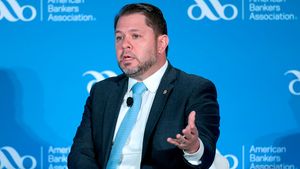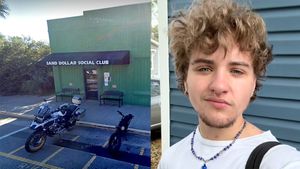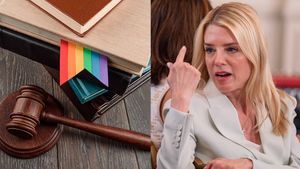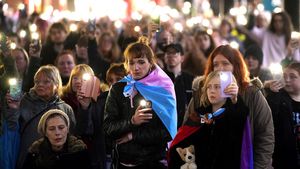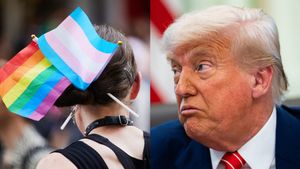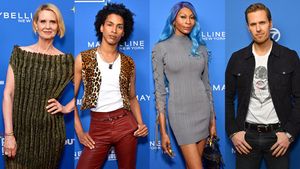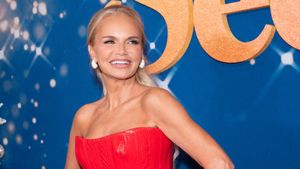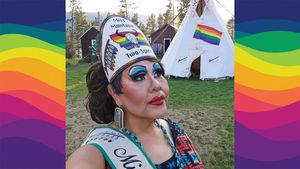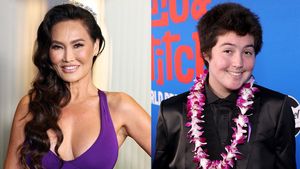As the screenwriter behind queer coming-of-age classic Edge of Seventeen, Todd Stephens has been a groundbreaking force within the LGBTQ+ film community.
Todd Stephens | Advocate Now
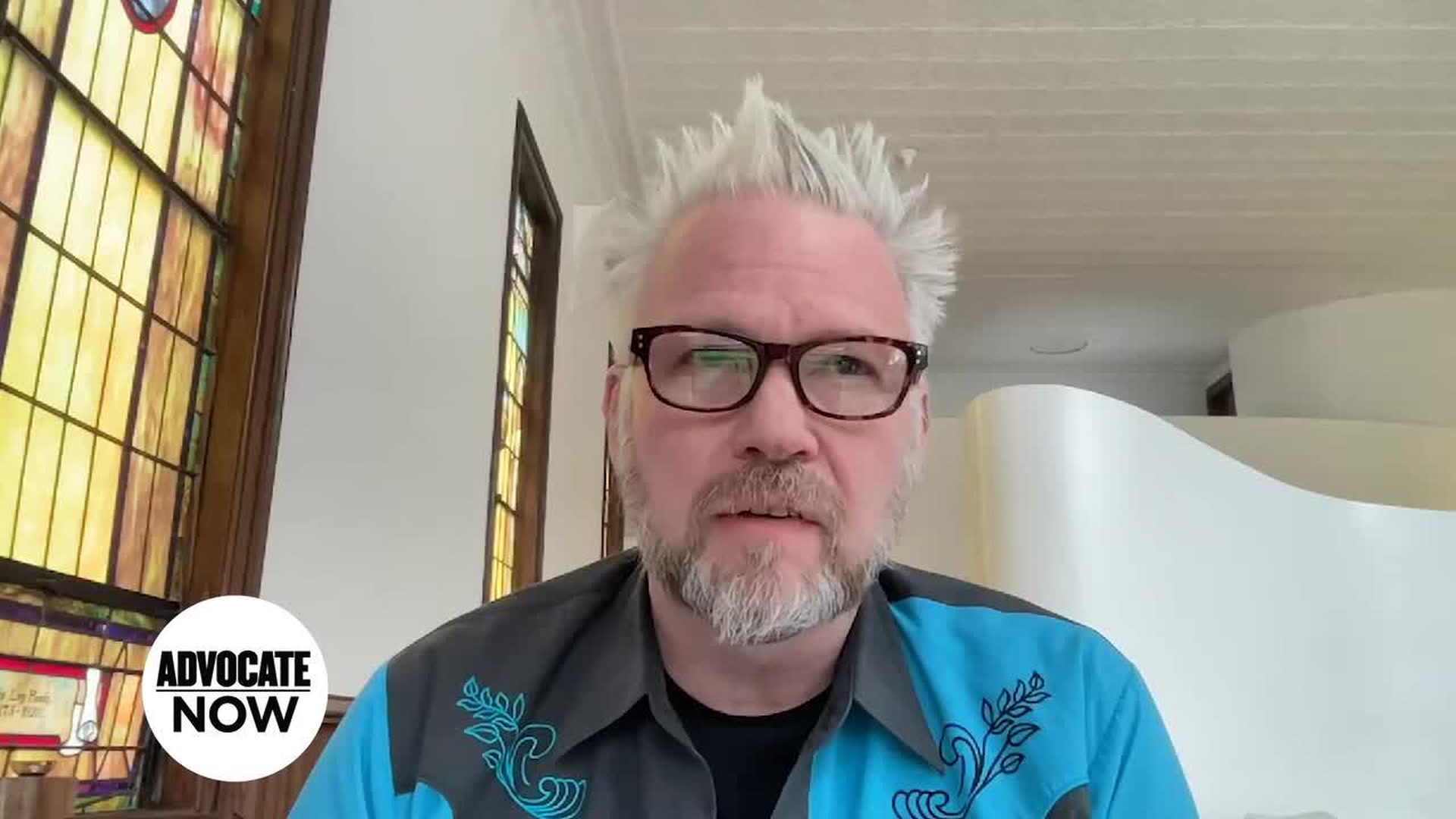
Stephens wrote the 1998 film to encapsulate his own journey of coming to terms with his sexuality. Through its protagonist's struggles, the movie became "pretty darn autobiographical."
"I just thought that it was this light comedy kind of thing," he tells Sonia Baghdady of Advocate Now. "But while I was making it, I realized that there was the lighter side to it, but there was also a lot of pain in the film and a lot of depth in there, too."
Filmed and released during the 1990s, queer narratives were not as commonplace as they are today. Stephens shares that it was not uncommon for actors to shy away from LGBTQ+ roles, as they could be career-ending.
"A lot of times back then, people would get cast in queer roles and they would try to get out of really kissing or really being intimate in the scene. ... My actors were amazing and they were really fearless, especially at that time," he says. "You know, people felt that like if you played a queer part, that it would ruin your career. And I guess for some people it did in a way."
Stephens' most recent project, Swan Song, follows a fictionalized storyline of a real hairdresser, played by Udo Kier. Jennifer Coolidge also guest stars, and according to Stephens, she improvised a lot of her lines.
"The way she works is really fascinating," he says, continuing, "A lot of the things that she says in the film were improvised. And I wish [I wrote] some of her best lines, but we never knew what she was going to say, which was incredible."
Stephens notes that all of the queer characters in Swan Song are played by queer actors, a detail he feels was necessary to tell the best story possible.
"Especially for a lead character that had lived through the AIDS crisis and lost so many friends," he explains, "I just wanted it to be as authentic as it is."
Stephens adds: "I always just feel like you should find the best person for the part. But in this case, queer actors were the best people for the part."
For more interviews like these, watch Advocate Now on The Advocate Channel.
- Exclusive: Daniel Craig on the Significance of His Queer Relationship in Glass Onion ›
- Why LGBTQ+ Film Festivals Are Still Necessary ›




